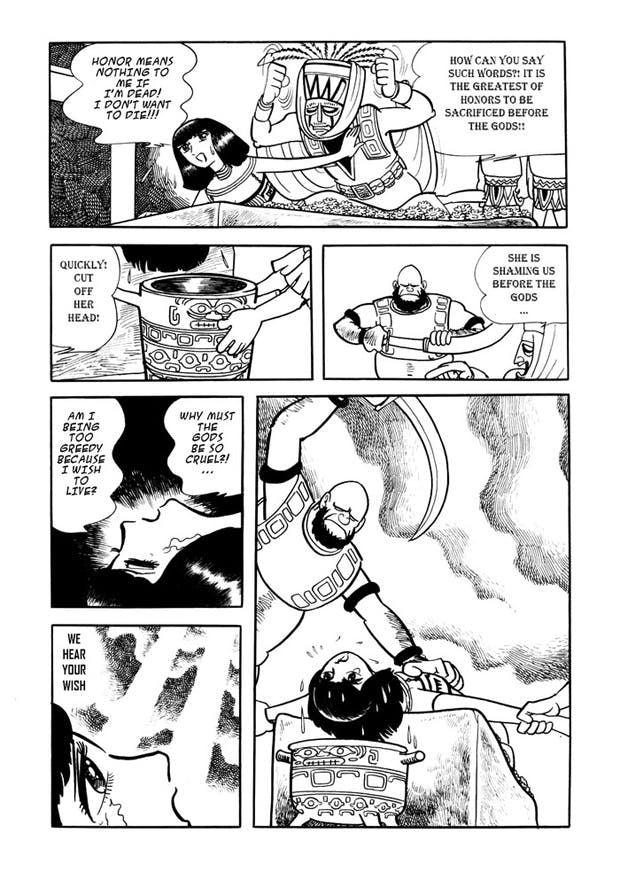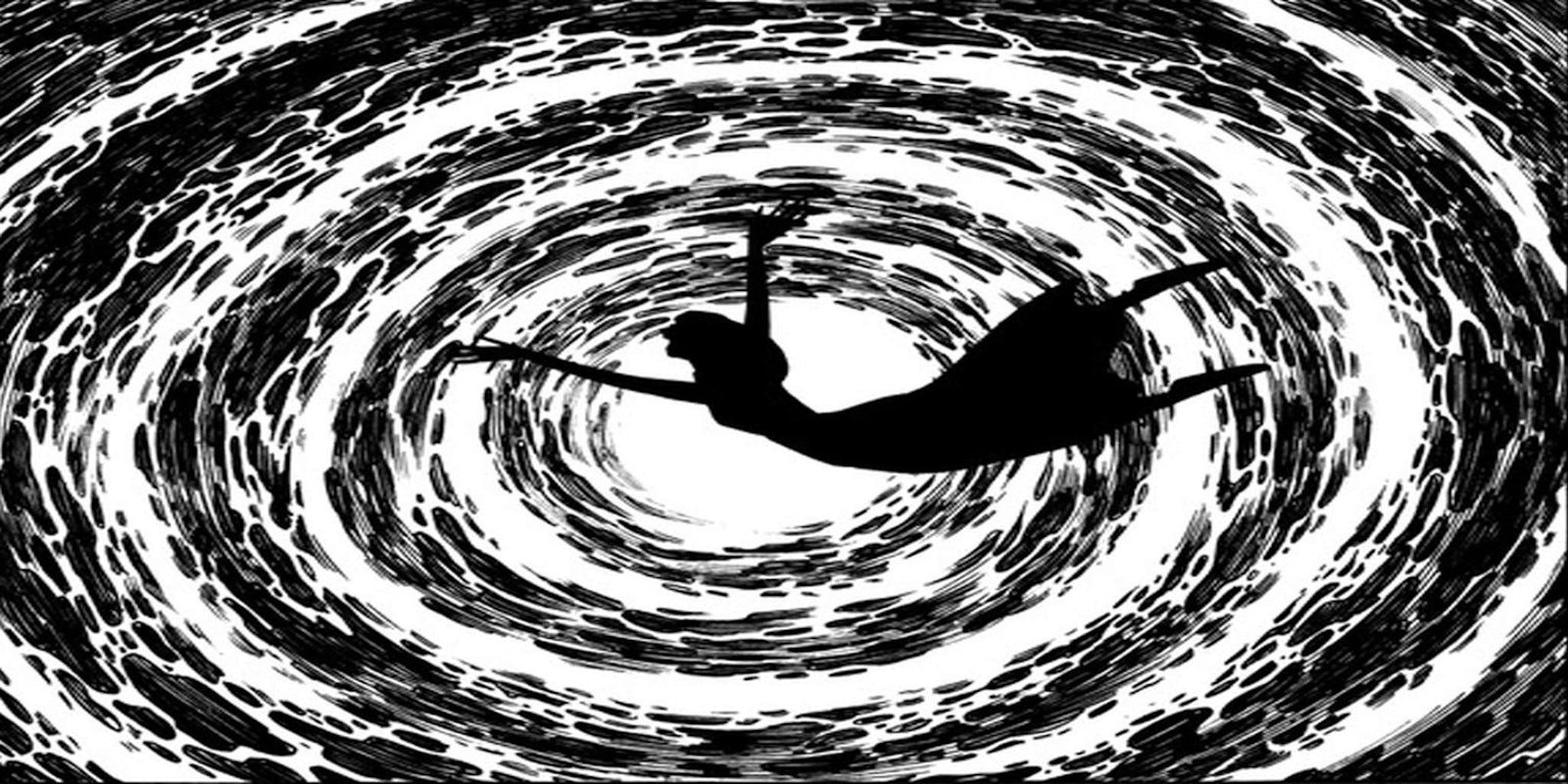It took fledgling manga publisher Kansai Club Publishing around nine months to raise the $25,000 royalty fees to license legendary manga creator Osamu Tezuka’s work for publication.
It took three days to recoup their entire investment on Kickstarter.
While Tezuka is the most famous manga creator in history, many of his works remain unavailable to English manga fans, and with the U.S. manga publishing industry struggling to find a viable way to compete with the thriving culture of fan-provided free scanlations (in which a fan scans and translates a work, sometimes without publisher permission), each translation attempt has been an uphill battle.
Thanks to Kickstarter, however, U.S. manga fans might finally be able to crowdfund more of the series and titles they want. This week Kansai Club turned to manga fans on Kickstarter to help bring The Crater, an early collection of Tezuka short stories, to the U.S. Their gamble paid off: less than four days into the project, the Florida-based publisher has exceeded their goal by more than $25,000.
The stakes for this project are high for a number of reasons. Kansai Club’s debut title was incredibly ambitious. As the author/artist of Astro Boy, and the artistic inspiration for every scene you remember from The Lion King, Tezuka is the Japanese equivalent to Walt Disney, an industry pioneer whose influence cannot be overstated. But many of his works, including Crater, a 1969 series of horror short stories in comic form, have never been translated in the U.S.
It took Kansai Club six months to convince the Tezuka estate to grant them translation rights, and then a few more to raise the royalty fees. You can practically hear the exhaustion. “This project of ours is all or nothing,” Kansai wrote:
This book will be published regardless of Kickstarter; too much time and money have already been invested into this project. At the same time, as a brand new publishing company, we NEED Kickstarter and the support of Osamu Tezuka fans in order to make our first project successful. If we are forced to sell this book through Amazon we may actually lose money on each book sold.
With a limited run of 2,000 copies, Kanzai set their goal at a relatively modest goal of $3,500, enough to cover hard copy publication costs. But with 650-plus backers, they may be able to expand the number of available copies. And there are 30 days to go.
Tezuka’s round-eyed characters, cute design, and Disney-like artwork have inspired everything from Sailor Moon to My Little Pony. But while his artistry is very familiar to English-language manga fans, few know his early works. Crater is classic Tezuka in that it combines his trademark artistic style with dark themes and suspenseful plots.

The 17 short stories in the collection were originally published in serial comic form before being collected into an anthology. Manga blogger Katherine Dacey commented on the series’ lack of availability in 2011.
I would love to see Tezuka’s Crater licensed. Three volumes of short, experimental stories by Tezuka in a variety of genres? Yes, please! … I’ve been contemplating buying Crater through a Japanese bookseller … but since I can’t read [the series], it’s probably better to save my pennies for something I *can* read!
Kansai Club’s project is not the first major manga translation project to get a boost from Kickstarter. Notably, Digital Manga has used the site to crowdfund multiple Tezuka translation projects. At least part of the appeal of Kickstarter for manga fans has to be the upfront assurance that if funded, a project will be seen through to its completion, and that participants will have access to everything they paid for. U.S. manga publishers have numerous difficulties to contend with in order to reach their readers: Limited titles available for licensing, limited shelf space in bookstores, the closing of former manga distributor Borders, competing pirated translations, and mid-series cancellations are all problems that plague the industry. E-publishing brings with it even more concerns. Recently Digital Manga publisher JManga shocked everyone by abruptly closing less than a year and a half after going into business—taking dozens of incomplete series and cloud-hosted user purchases along with it.
For Kansai Club, whose sole goal is to bring obscure and vintage manga to the U.S., the Kickstarter success is about more than finding a better way of satisfying frustrated readers. It’s about starting their business.
Everyone needs to start somewhere and this is where it begins for us. EVERY penny made through the sales of this book and ALL related goods will go right back into our next project. If this Kickstarter campaign fails, then we will likely become defunct, never to see our dreams realized. However, if we succeed, then our future holds no boundaries. We have faith in you, so please have faith in us.
If the growing reliance on manga fans to fund projects through Kickstarter is any indication, it seems readers are putting all their faith, not just in Kansai Club, but in the crowdfunding method in general.
For manga publishing in the U.S., Kickstarter may prove to be an increasingly necessary way to make sure that more authors like Tezuka reach the English-language audience they’ve long deserved.
H/T @MangaBookshelf | Photos via Kickstarter
